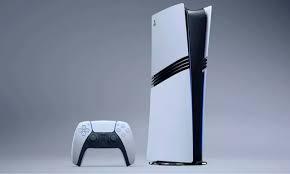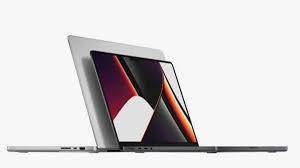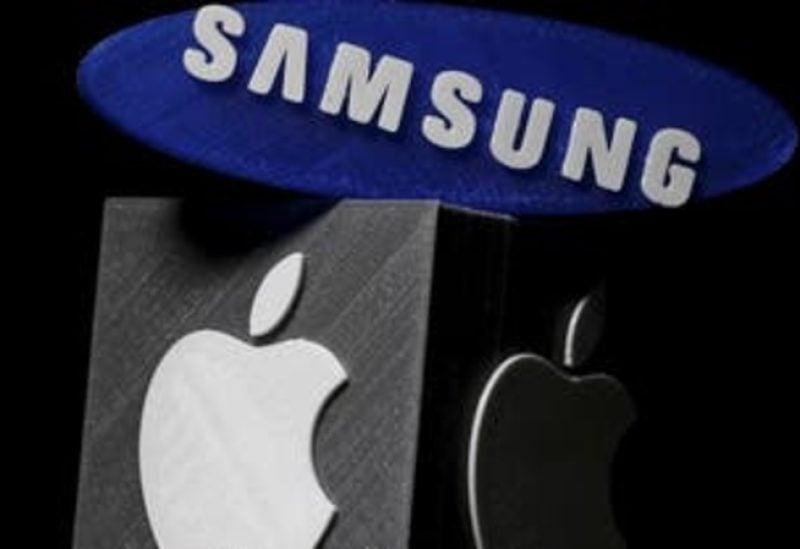By ; Wasem Emam – Saber Mohamed
The Middle East and Africa (MEA) personal computing devices (PCD) market, which is made up of desktops, notebooks, workstations, and tablets, has recorded its first year-on-year growth in 19 quarters, according to industry analysis conducted by International Data Corporation (IDC). The global technology research and consulting firm's latest Quarterly PCD Tracker shows that a total of 5.3 million units were shipped across the region in Q3 2019, an increase of 5.5% on Q3 2018.
"The primary driver was the Turkish market, where a much stronger-than-expected recovery in shipments caused astounding growth when compared to the same quarter last year," says Fouad Charakla, IDC's senior research manager for client devices in the Middle East, Turkey, and Africa. "The Turkish market suffered tremendously in Q3 2018 due to the weakened Turkish currency against the U.S. dollar. This caused the prices of all imported products, including PCDs, to rise significantly and thus inhibited demand. However, the market seems to be adjusting to the new reality as shipments are rising again."
Another key driver was a huge tablet deal delivered into Kenya's government sector of Kenya made up of more than 150,000 tablets primarily for the purpose of conducting the country's national population census. Saudi Arabia also experienced significant year-on-year growth as shipments in the corresponding quarter of 2018 suffered drastically due to the implementation of new import regulations by the Saudi government around that time.
Nigeria was another driver of growth in Q3 2019 as the country continues its gradual recovery from the economic struggles it has been experiencing for the past couple of years. Meanwhile the region's other key markets – namely South Africa, the UAE, and Egypt – all experienced year-on-year declines in PCD shipments.
In the PC segment, the top three vendors cemented their positions after each recording year-on-year growth in their shipments. HP continued to lead by a significant margin, with Lenovo and Dell placing second and third, respectively.
|
Middle East & Africa PC Market Vendor Shares – Q3 2018 vs. Q3 2019 |
||
|
Company |
Q3 2018 |
Q3 2019 |
|
HP Inc. |
29.2% |
28.8% |
|
Lenovo |
21.2% |
23.2% |
|
Dell |
16.6% |
15.8% |
|
Others |
33.0% |
32.2% |
In the tablet space, Huawei regained top spot as Samsung dropped to second place after experiencing a sharp dip in shipments. Apple maintained its place in third position.
|
Middle East & Africa Tablet Market Vendor Shares – Q3 2018 vs. Q3 2019 |
||
|
Company |
Q3 2018 |
Q3 2019 |
|
Huawei |
13.7% |
14.8% |
|
Samsung |
22.5% |
14.8% |
|
Apple |
9.6% |
10.2% |
|
Others |
54.2% |
60.3% |
Looking ahead, the market's growth trajectory is expected to be short-lived, with IDC forecasting a 10.0% year-on-year decline in PCD shipments for the MEA region in Q4 2019. The main cause of this downturn is that there will be no repeat of the massive education deal that was delivered in Egypt in Q4 2018. Another factor is the weakening demand for slate tablets as a growing number of end users across the region shift their usage from slate tablets to smartphones. This will lead to year-on-year declines in key markets such as Saudi Arabia, South Africa, and the UAE, although Turkey will once again see growth as the country continues its path to recovery from the slowdown experienced last year.













































































